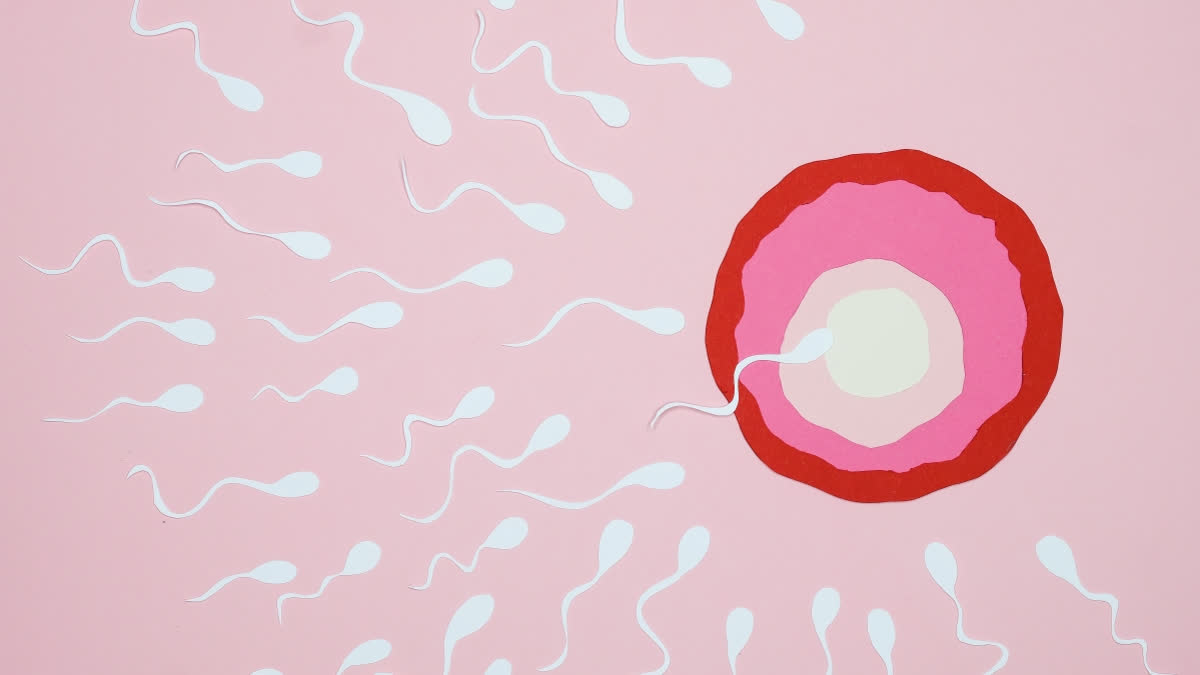Chandigarh: Drinking alcohol is injurious to health, as it mentions on alcohol bottles, but it rarely stops anyone from consuming it! A recent study reveals that drinking alcohol is not just injurious to our internal organs, but also causes infertility in men and women, and has also been the cause of miscarriage in many cases. The research conducted by Dr Vandana Narula from Chandigarh revealed that in 35 per cent of cases of men and women being diagnosed with infertility, alcohol is the major cause.
It is a common habit for men and women all around the world to consume alcohol nowadays, but excessive consumption of alcohol has many adverse effects. Studies have shown that heavy drinking regularly hurts sperm. Drinking 14 or more drinks a week can lower testosterone levels and affect sperm count. Alcohol can affect fertility by changing the number, size, shape and motility of sperm.
For couples unaware of the adverse effects of excessive alcohol consumption on male fertility, trying to conceive could be a devastating experience. A couple recently took to social media to share their heartbreaking story of how excessive alcohol consumption affected their married life. The couple had been trying to conceive for some time and when they finally did, they suffered repeated miscarriages.
After conducting a test, it was found that the husband's sperm count was low and the quality of the sperm was poor, due to the husband's heavy drinking problem. However, after consulting medical experts, he was advised to reduce his alcohol intake, which improved his sperm count and quality. The couple was eventually able to successfully conceive and carry the baby to full term.
The fact that alcohol affects male and female fertility has been highlighted in this study. It also found that men with a weekly intake of more than 40 units of alcohol had a 33 per cent (95% CI 11% to 59%) reduction compared to men with an intake of 1-5 units/week. In addition to affecting hormone levels, alcohol can inhibit the function of the ovaries, prevent sperm from developing properly and reduce the sperm's ability to travel to an egg.
